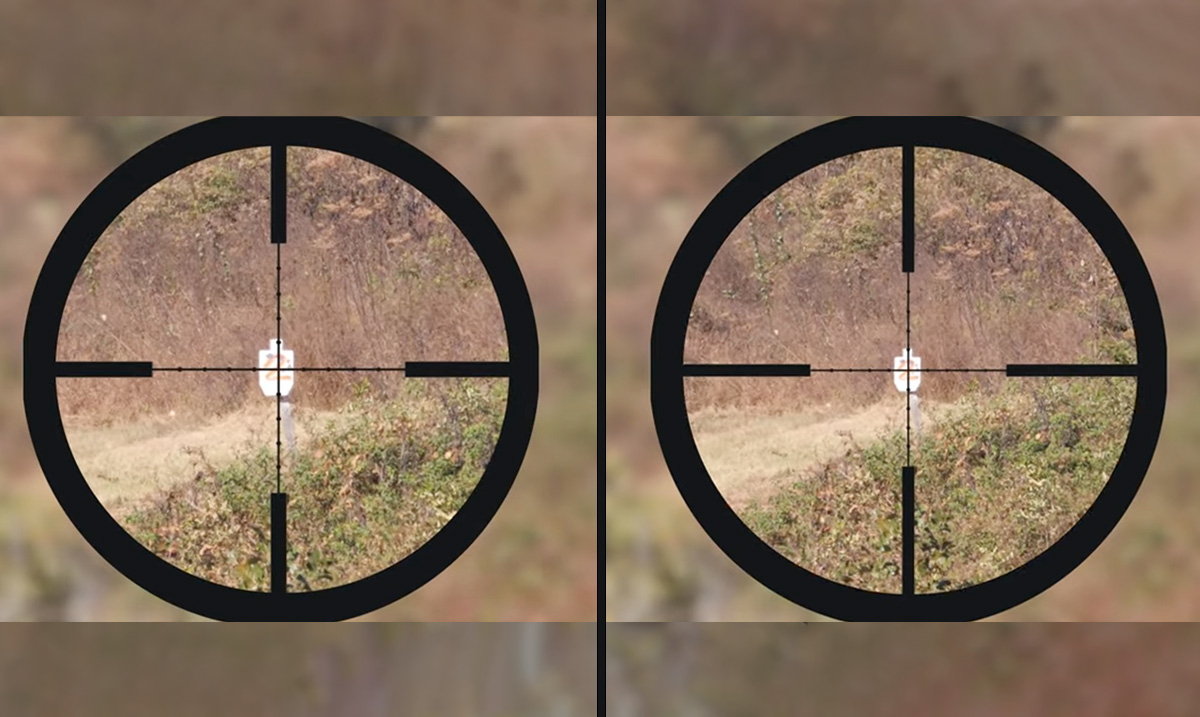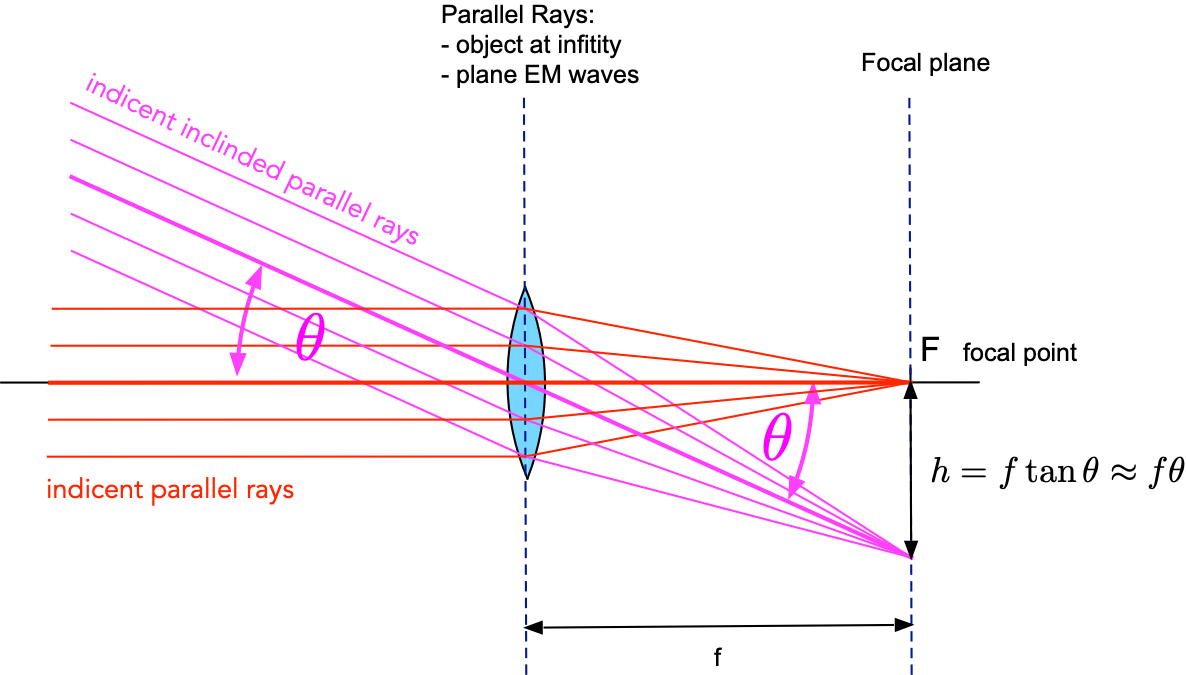Contents

Source: Let’s Go Shooting
The Concept of Focal Points and Focal Planes in Optics
Understanding Cardinal Points in Gaussian Optics
In Gaussian optics, cardinal points are defined to understand the behavior of light rays in optical systems. Focal points are a crucial aspect of these cardinal points. When defining cardinal points, the real light path within the optical system is not considered; instead, only the rays outside the system are extrapolated.
Front Focal Point
The front focal point is determined by considering a scenario where the output rays are parallel to the optical axis. By extrapolating these rays back to the input side, they converge at a point known as the front focal point. In a defocusing system, the front focal point can be a virtual point located on the backside.

Source: Werner Boeglin FIU
Back Focal Point
Conversely, the back focal point is found by assuming that the input rays are parallel to the optical axis. Extrapolating these rays to the output side leads to the back focal point. In a defocusing system, the back focal point can be a virtual point located on the front side.
Focal Planes
Focal planes are perpendicular planes to the optical axis that contain the focal points. These planes play a significant role in determining the behavior of light in optical systems.
Understanding Focal Length
The front and back focal length is defined as the distance between the focal point and the corresponding principal plane. This distance is crucial in understanding how light converges or diverges within an optical system.
Applications in Optical Systems
Focal points and planes are essential concepts in optics and are used to analyze and design various optical systems. Understanding these principles is vital for engineers and scientists working in the field of optics.
Conclusion
In conclusion, focal points and focal planes are fundamental concepts in optics that help us understand the behavior of light in optical systems. By defining and analyzing these points, researchers and engineers can optimize the performance of optical devices and systems for a wide range of applications.
Feel free to comment your thoughts.



